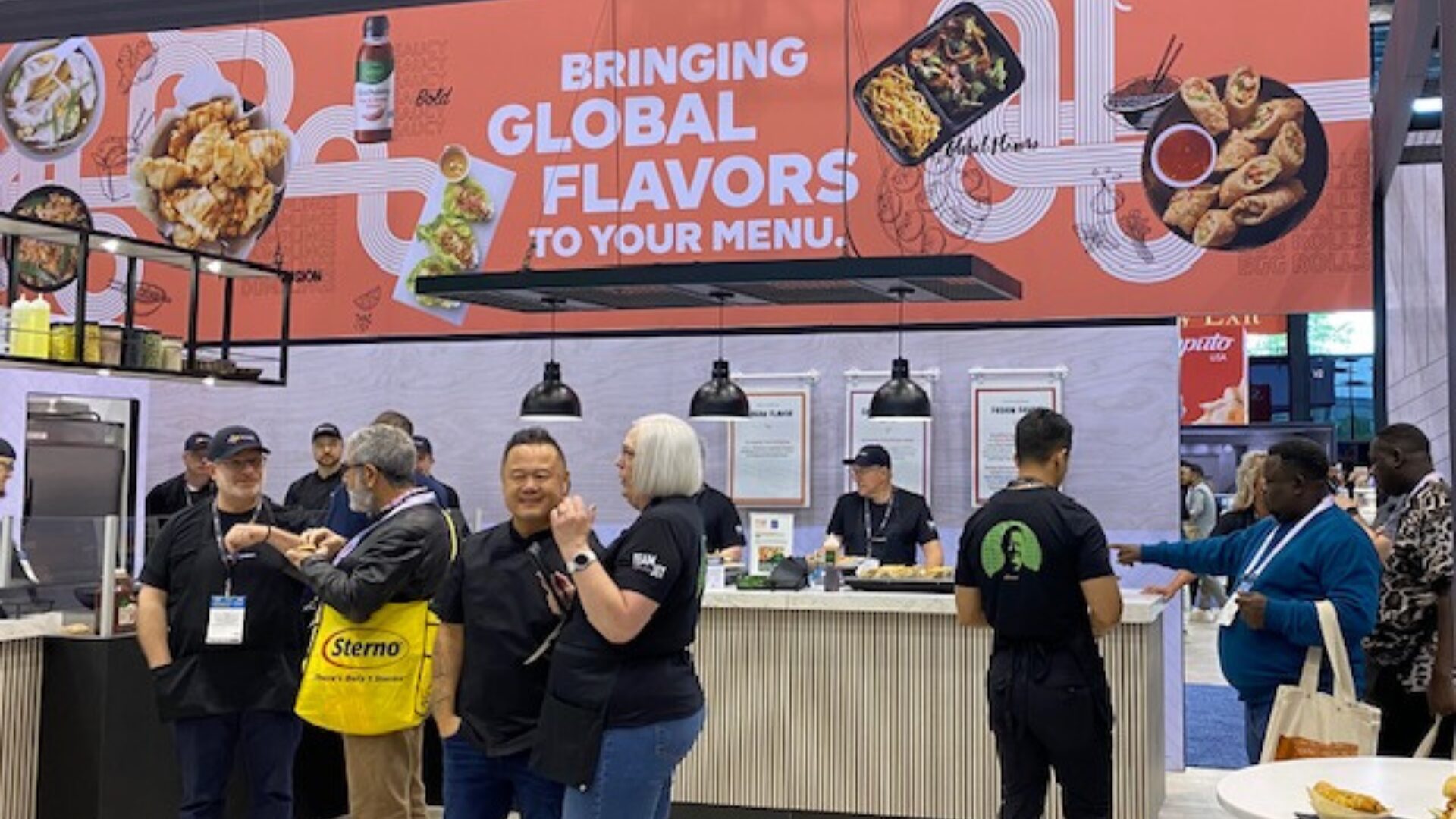The food and snacking sector is at the front line of a significant shift. Today’s consumers, driven by a blend of nostalgia, a search for authenticity, and a yearning for experiences, are reshaping the landscape of consumption.
Mondelēz International’s newly released State of Snacking: Future Trends report provides a detailed examination of modern consumer habits and the factors that inspire them.
“The world is changing, and the pace of change, already at a breathtaking speed, accelerates further. No industry is immune,” noted Nick Graham, Mondelēz’s SVP, Global Head of Insights and Analytics.
For starters, the global demographic landscape is undergoing a noteworthy transformation, with “second lifers” – those embarking on new chapters post-retirement – emerging as a powerful group of consumers. By 2050, the over-60 demographic is expected to double. This shift is pushing the market towards balanced nutrition.
Simultaneously, the digital era’s influence on global mobility and multiculturalism has helped highlight a wide array of flavors and cuisines. The rise in single-person and multigenerational households is influencing packaging trends. Plus, the growing middle class in Asia and Africa is changing consumption habits by showing a notable preference for premium and sustainable products.
Meanwhile, the growth of Gen Z and Gen Alpha has brought about a shift towards ethical production and transparency. These digital natives, who leverage online platforms for both information and purchases, are drawn to brands that resonate with their values.
The trend of “snackification,” fueled by urbanization and the blurring lines between work and leisure, is also gaining traction. As lifestyles become increasingly fluid, the demand for snacks that offer both convenience and nutritional balance is rising. This has spurred the rising popularity of breakfast bars and other on-the-go items. The proliferation of food delivery services and the rise of online grocery shopping highlight this movement, too.
The surge in functional foods and beverages highlights a societal shift towards health benefits beyond mere sustenance. The interplay between technology and nutrition promises to further personalize and refine society’s approach to health, with wearables and smart devices poised to become holistic health monitors.
Ultimately, the food and snacking industry is at a crossroads, shaped by changing consumer values. Moving forward, these trends will continue to reshape the industry, emphasizing the need for adaptability.
“Food and snacking companies that act on these and other trends today will have a clear advantage tomorrow,” Graham said.











